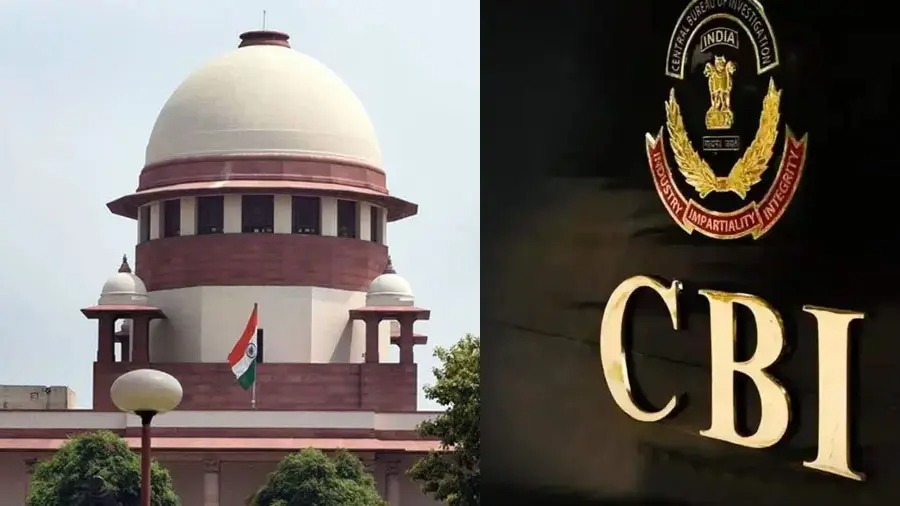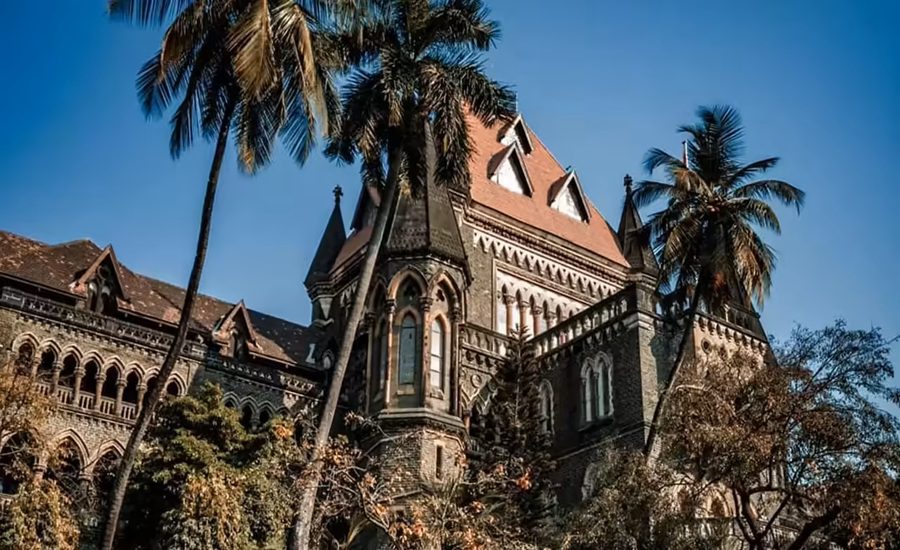@JUDGMENTTAG-ORDER
Seth, J.@mdashApplicant Ram Sunder is a licensee for selling kerosene oil at Machhlishahr in the District of Jaunpur. He has been convicted of an offence u/s 6, U. P. Control of Supplies (Temporary Powers) Act, n [2] of 1947.
2. In short, the case against him is that he sold kerosene oil on 17th February 1947 for prices in excess of the controlled price and thereby con-trayened the provisions of the Kerosene Oil Control Order of 1942.
3. The grounds taken in the Memorandum of Revision resolve themselves into two points, one of them being that the applicant could not have been convicted of an offence u/s 6 of Act II [2] of 1947 for an offence committed on 17th February 1947, and the other being that a summary trial was illegal in the circumstances of this case. The learned Counsel appearing for the applicant saw the force of the reasoning of the learned Sessions Judge, to whom he had gone in revision before coming to this Court, with regard to the second point and therefore this application was pressed before me on the first point alone.
4. In substance, the contention of the learned Counsel for the applicant is that the U. P. Act II [2] of 1947 came in force on 1st March 1947, and therefore an offence under it could not have been committed on 17th February 1947. The learned Sessions Judge, hearing the application in revision, has written an extremely "confused judgment in dealing with this contention of the applicant. In order to follow the line of reason-ing adpoted by the learned Sessions Judge, it is necessary to notice a short history of the relevant legislation. The Control Order was promulgated under the powers conferred by the Defence of India Rules which were framed under the Defence of India Act, The Defence of India Act and the Defence of India Rules expired on 30th September 1946. It was, however, thought necessary to continue some of the Control Orders in operation. The Legislature was not in session at that time and, therefore, in order to keep alive these Control Orders an Ordinance named as the United Provinces Control of Supplies (Termporary Powers) Ord. II [2] of 1946 was passed. This Ordinance defined essential commodities and gave powers to the Provincial Government to promulgate various kinds of orders in respect of the essential commodities so defined. Section 5 of the Ordinance provided for the continuance in force of certain Control Orders. U.P. Ord. II f2] of 1946 was repealed by U. P. Act. II [2] of 1947 styled as the U. P. Control of Supplies (Temporary Powers) Act, 1947. According to the learned Sessions Judge, the Kerosene Control Order was continued in force by means of this Act. In my opinion, the view of the learned Sessions Judge upon this point is erroneous. It may be pointed out here that I have been throughout referring to the view of the learned Sessions Judge because this question has not been considered at all by the learned Magistrate, who tried and convicted the applicant. In my opinion the Kerosine Oil Control Order was not kept in force by means of the U. P. Ord. II [2] of 1946. It may be noticed that Kerosene oil or any other oil is not one of the essential commodities as defined in this Ordinance, Section 5 of the Ordinance, which is the only relevant section upon this point, reads as follows:
Until other provisions are made under this Ordinance, any order, whether notified or not, made by whatever authority under sub-r. (2) of B. 81, Defence of India Bales, in respect of any matter specified in Section 3, which was in force immediately before the commencement of this Ordinance shall, notwithstanding the expiration of the said rules, continue in force so far as consistent with this Ordinance and be deemed to be an order made u/s 3; and all appointments made, licenses or permits granted and directions issued under any such order and in force immediately before such commencement shall likewise continue in force and be deemed to be made, granted or issued in pursuance of this Ordinance.
5. It is only those orders which are in respect of any matter specified in Section 3 of the Ordinance that come within the purview of this section and it is only those orders which have been continued in force by means of this section. The question for consideration, therefore, is whether the Kerosene Oil Control Order can be said to be an order in respect of any matter specified in Section 3. As already noticed, Section 3 confers various powers of regulation and control in respect of an essential commodity upon the Provincial Government, The expression ''in respect of any matter specified in Section 3" is capable of two interpretations. It may either be interpreted to mean the various powers conferred upon the Provincial Government without any reference to the commodity in respect of which these powers were to be exercised or it may mean these powers in respect of an essential commodity as defined in the Ordinance. In my opinion, there is an ambiguity with regard to the interpretation of this expression and much can be said in favour of either of the two interpretations. Under these circumstances, the benefit of the ambiguity should go to the accused person and the Ordinance should be interpreted in a manner beneficial to him. I, therefore, hold that the provisions of the Kerosene Oil Control Order were not kept alive by Section 5 of this Ordinance and consequently the Kerosene Oil Control Order could not be deemed to be an order made u/s 3 of the Ordinance.
6. Section 16, U. P. Act II [2] of 1947 upon which reliance has been placed by the learned Sessions Judge for the purpose of bringing the case u/s 6 of that Act, reads as follows:
16. (1) The United Provinces Control of Supplies Temporary Powers) Ordinance, 1946, is hereby repealed.
(2) Any order made or deemed to be made under the said Ordinance and in force immediately before the commencement of that Act shall continue in force and be deemed to be an order made under this Act; and all appointments made, licenses or permits granted and directions issued under any such order and in force immediately before such commencement shall likewise continue in force and be deemed to be made, granted or issued in pursuance of this Act.
On the finding that the Kerosene Oil Control Order cannot be deemed to have been made under Ordinance II [2] of 1916, it cannot be deemed to have been made under U. P. Act, n [2] of 1947 or to have been kept alive by virtue of Section 16 of that Act. Further, therefore, it cannot be deemed to have been made u/s 6 of that Act. It is, thus, clear that the applicant has not committed any offence u/s 6, U. P. Act II [2] of 19i7 under which be was charged.
7. It does not follow, however, that the applicant has not committed any offence whatsoever. The relevant legislative provisions have been overlooked by everybody. These relevant legislative provisions are the Central Government Ordinance XVIII [18] of 1946 and the Central Government Act xxiv [24] of 1946. The Central Government Ordinance xviii [18] of 1916 includes petroleum products within its definition of ''essential commodity" : Vide Section 2 of the Ordinance). Section 5 of the Ordinance reads as follows:
5. Continuance in force of existing orders: Until other provisions are made- under this Ordinance, any order, whether notified or not, made by whatever authority under E. 80B, or sub-r. (2) or sub-r. (3) of B. 81, Defence of India Rules, in respect of any matter specified in Section 3, which was in force immediately before the commencement of this Ordinance shall, notwithstanding the expiration of the said rules, continue in force so far as consistent with this Ordinance and be deemed to be an order made u/s 3; and all appointments made, licenses or permits granted and directions issued under any such order and in force immediately before such commencement shall likewise continue in force and be deemed to be made, granted or issued in pursuance of this Ordinance.
It is thus clear that the Kerosene Oil Control Order was kept alive and in force by Section 6 of this Ordinance. This Ordinance was in its turn replaced by Central Government Act, XXIV [24] of 1946. The definition of ''essential commodity'' given in this Act also includes petroleum and petroleum products (vide Section 2A(iv) of the Act). Section 17 of the Act repeals the Essential Supplies (Temporary Powers) Ordinance, 1916, and then provides:
Any order made or deemed to be made under the said Ordinance and in force immediately before the commencement of this Act shall continue in force and be deemed to be an order made under this Act; and all appointments made, licenses or permits granted and directions issued under any such order and in force immediately before such commencement shall likewise continue in force and be deemed to be made, granted or issued in pursuance of this Act.
The Kerosene Oil Control Order, which is to be deemed to have been made under ordinance XVIII [18] of 1946, was thus kept in force by Section 17 of the Act and was to be deemed to be an order made under that Act. A contravention of any provisions of that order or any order issued under that order is, therefore, punishable u/s 7 Of Act XXIV [24] Of 1946.
8. The applicant is, therefore, guilty of an offence u/s 7, Central Government Act XXIV [24] of 1946 and should have been charged under that section.
9. The next question for consideration is whether it is proper to alter the conviction of the applicant u/s 7, Central Government Act xxiv [24] of 1946 when he was not charge-ed under that section. The determination of this question must depend upon the decision of another question, namely, whether this alteration will or will not result in any prejudice to the applicant. The learned Counsel appearing for the applicant has not been able to point out to me how the applicant will be prejudiced by this alteration. I have myself given proper consideration to this matter and have arrived at the conclusion that the alteration will in no way prejudice the applicant.
10. I, therefore, alter the conviction of the applicant from one u/s 6, U. P. Control of Supplies (Temporary Powers) Act n [a] of 1947 to one u/s 7, Central Government Act XXIV [24] of 1946, namely, the Essential Supplies (Temporary Powers) Act, 1946, but maintain the sentence awarded to the applicant. This application in revision is decided accordingly.

